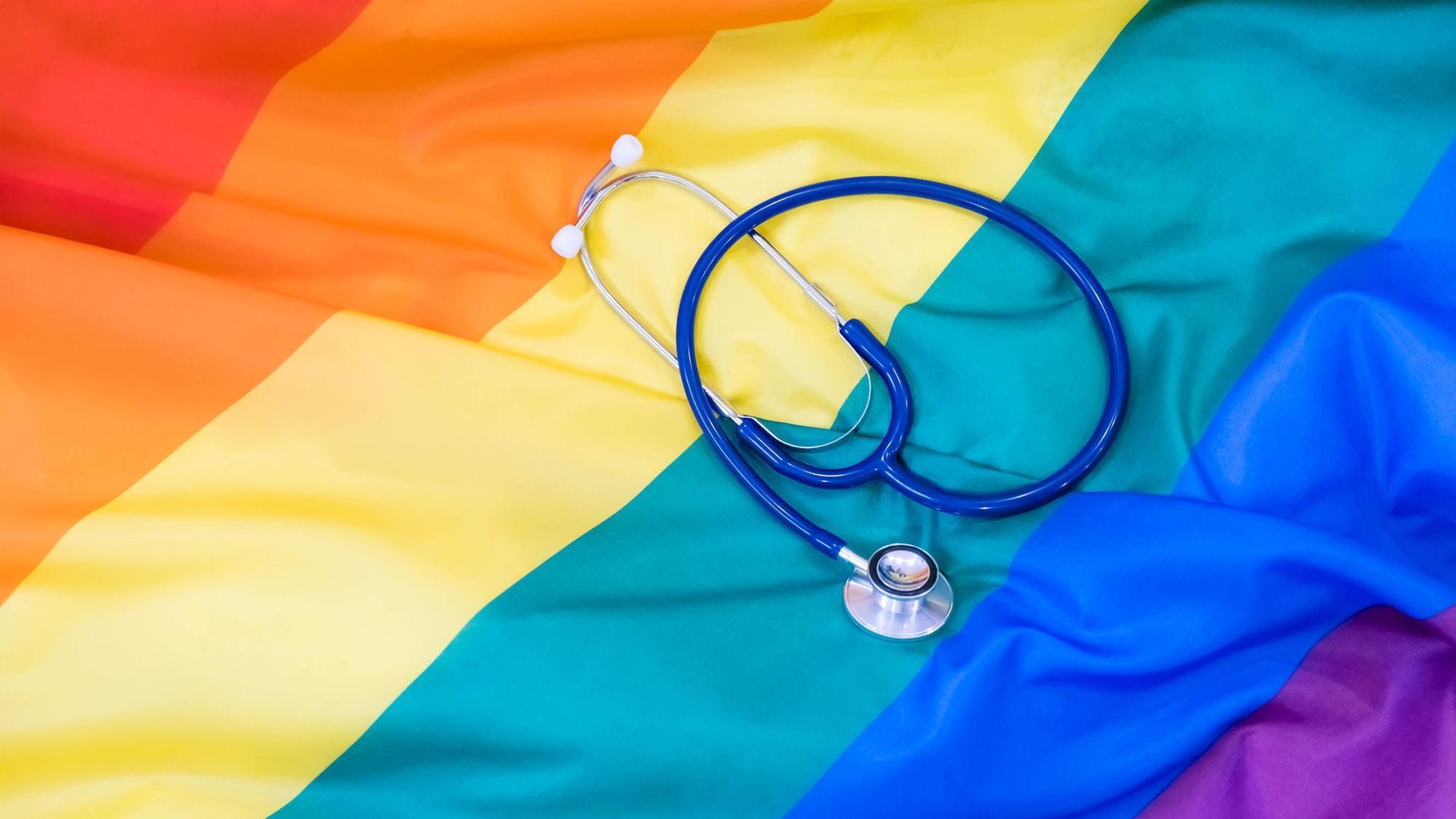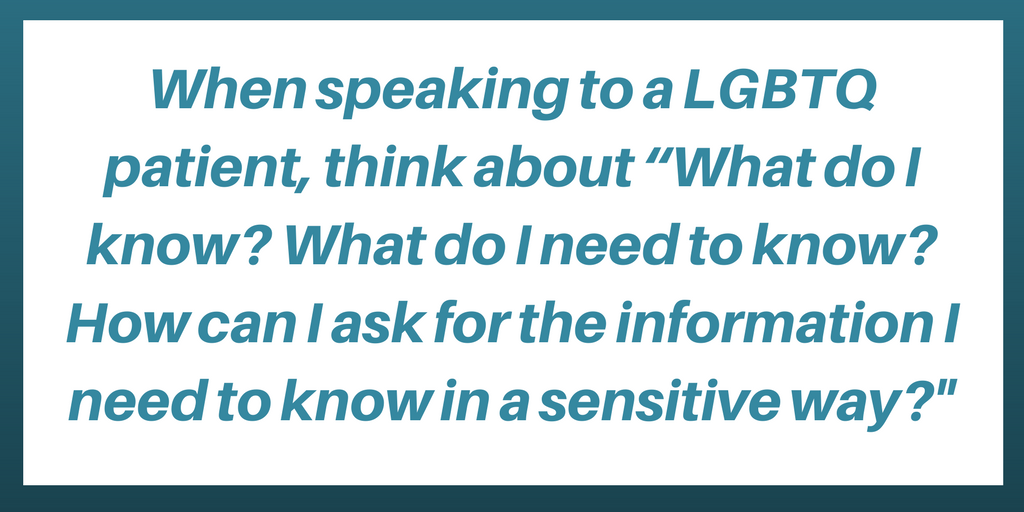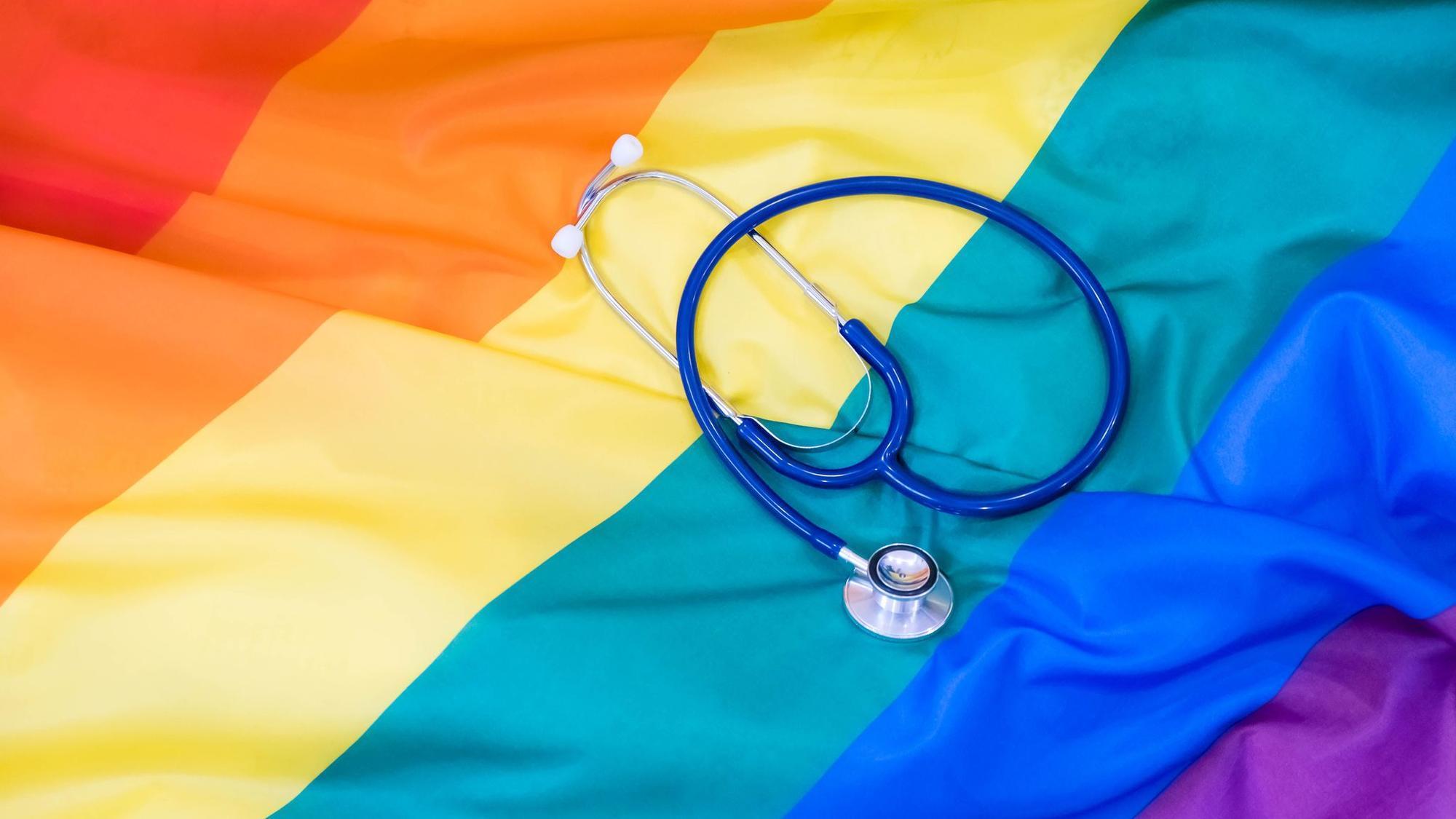 Healthcare organizations strive to provide culturally competent care for individuals who identify as lesbian, gay, bisexual, transgender, or queer (LGBTQ). Recent changes in society, including the legalization of gay marriage have raised public awareness of LGBTQ issues. Yet many healthcare professionals lack knowledge in some areas when caring for LGBTQ patients.
Healthcare organizations strive to provide culturally competent care for individuals who identify as lesbian, gay, bisexual, transgender, or queer (LGBTQ). Recent changes in society, including the legalization of gay marriage have raised public awareness of LGBTQ issues. Yet many healthcare professionals lack knowledge in some areas when caring for LGBTQ patients.
Michael Johnson, PhD, RN, understands the barriers faced by LGBTQ patients and the assumption often made by healthcare professionals that all patients are heterosexual.
According to a Nurse.com article, Johnson said, “Some members of the LGBTQ community avoid seeking healthcare services because of previous negative experiences in which they faced discrimination. Studies have shown most LGBTQ patients want to be able to share their sexual orientation or gender identity with their healthcare provider, but are often reluctant to open up because they fear they may be treated badly or even refused care."
LGBTQ individuals have a long history of discrimination at the individual and institutional levels, including the healthcare system. They may check to see if the environment is a safe place to reveal personal information, especially about sexuality. Some things an individual may take note of during their time in your waiting room area include:
- Your organization’s nondiscrimination policy: Is it in a visible location?
- A rainbow flag, pink triangle, or other symbol of inclusiveness
- Availability of unisex restrooms
- Health education literature with diverse images and inclusive language, including information about LGBTQ health
- Posters announcing days of observance such as World AIDS Day, Pride, and National Transgender Day of Remembrance
To understand LGBTQ populations and their health needs, it is important to first define the distinct core concepts of sexual orientation and gender identity. You can read about key LGBTQ terms here.
LGBTQ health requires specific attention from health care and public health professionals to address a number of disparities, including:
- LGBT youth are 2 to 3 times more likely to attempt suicide.
- LGBT youth are more likely to be homeless.
- Lesbians are less likely to get preventive services for cancer.
- Gay men are at higher risk of HIV and other STDs, especially among communities of color.
- Lesbians and bisexual females are more likely to be overweight or obese.
- Transgender individuals have a high prevalence of HIV/STDs, victimization, mental health issues, and suicide and are less likely to have health insurance than heterosexual or LGB individuals.
- Elderly LGBT individuals face additional barriers to health because of isolation and a lack of social services and culturally competent providers.
- LGBT populations have the highest rates of tobacco, alcohol, and other drug use.

Effectively serving LGBTQ patients requires you to understand the cultural context of their lives, and to modify your procedures, behavior, and language to be inclusive, non-judgmental, and helpful at all times. By doing this, healthcare staff can help ensure that LGBTQ patients receive the level of care that everyone deserves. What helpful information can you add regarding this topic?







